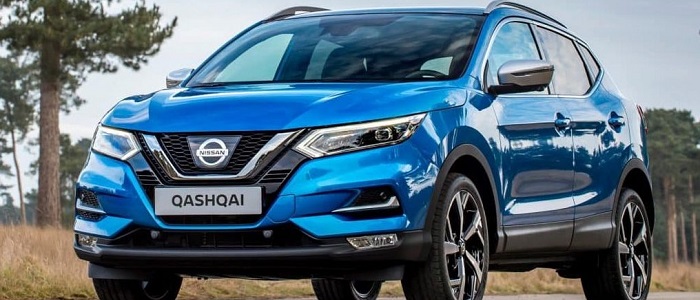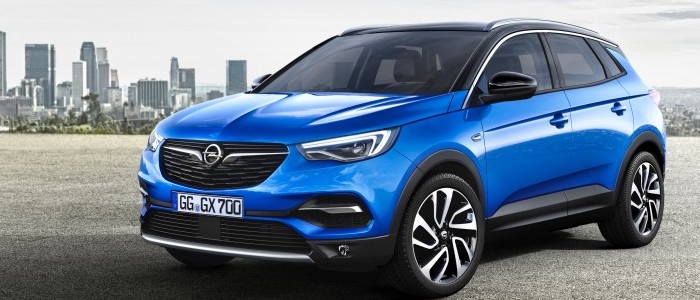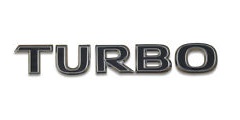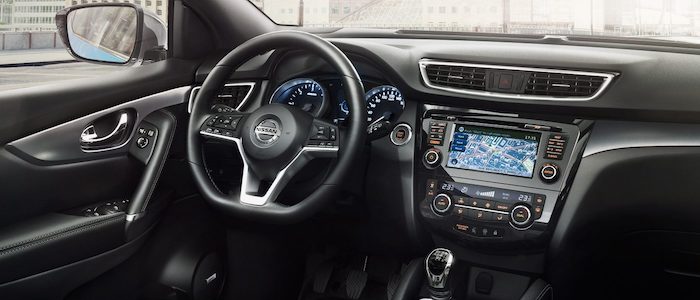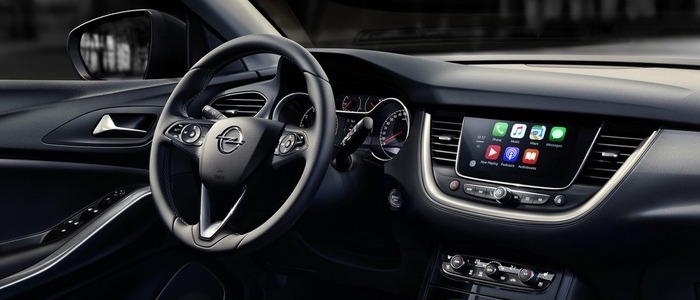Compare two cars
Compare any two cars and get our Virtual Adviser™ opinion
Dimensons & Outlines
Check vehicle history
Engine
1.2 TCe H5Ft 115
Performance (manual gearbox)
Performance (automatic gearbox)
Expenses
Virtual Adviser's™ opinion
Well, these are two pretty similar cars we have here! It's only details that could potentially make the difference. Considering they both belong to the suv segment and utilize the same 5-door suv body style and the front wheel drive system, it all comes up to the specific petrol engine choice they offer. The first one has a Nissan-engineered powertrain under the hood, a 4-cylinder, 16-valves 115hp unit, while the other one gets its power and torque from a 3-cylinder, 12-valves 131hp engine designed by Peugeot.
SafetyA starting point here would be to take a look at the results from European New Car Assessment Programme (Euro NCAP) tests which were performed on both of the cars, with the same number of safety stars gained in the process. Still, apart from the official crash test results there are other things we need to be aware of. Both vehicles belong to the suv segment, which is generally a very good thing safety-wise, but it doesn't do much to help us decide between the two. Furthermore, if we'd like to consider vehicle mass in this context too, which we definitely should, the German car offers a marginal difference of 1% more metal.
ReliabilityI don't like generalizing things when it comes to reliability, although it does seem that Nissan does have a slight advantage, at least on all of the models level. These are the results of an independent reasearch, while our visitors describe reliability of Nissan with an average rating of 4.3, and models under the Opel badge with 4.2 out of 5. The same official information place Qashqai as average reliability-wise, and Grandland X is more or less at the same level.Above it all, drivers of cars with the same engine as the Japanese car rank it on average as 4.4, while the one under the competitor's bonnet gets 4.0 out of 5.
Performance & Fuel economyNissan is a bit more agile, reaching 100km/h in 0.5 seconds less than its competitor. Still, it lacks the power to win the top speed competition, topping at 185 kilometers per hour, 3km/h less than the other car. When it comes to fuel economy things look pretty much the same for both cars, averaging around 5.5 liters of fuel per 100 kilometers (51 mpg), in combined cycle.
Verdict
Nissan appears just a bit more reliable, although the difference is truly marginal. The most important thing when deciding between any two vehicles should always be safety, both passive and active. In my opinion, everything taken into account, the German car offers slightly better overall protection and takes the lead. When it comes to performance, both vehicles provide similar experience, so I wouldn't point any of them out. the German car still consumps less fuel, which needs to be taken into consideration. No mistake, whatever you decide here, but I'd still go for the Opel. In any case that's my personal view, built upon all the data available to me. What should decide here though is the way you feel about the two vehicles, and I hope you'll find my guidelines useful in the process. Also, you could use the oportunity to find out which car, everything taken into account, would be the perfect choice for you in the eyes of the virtual adviser™, among thousands of similar, yet so different vehicles.























